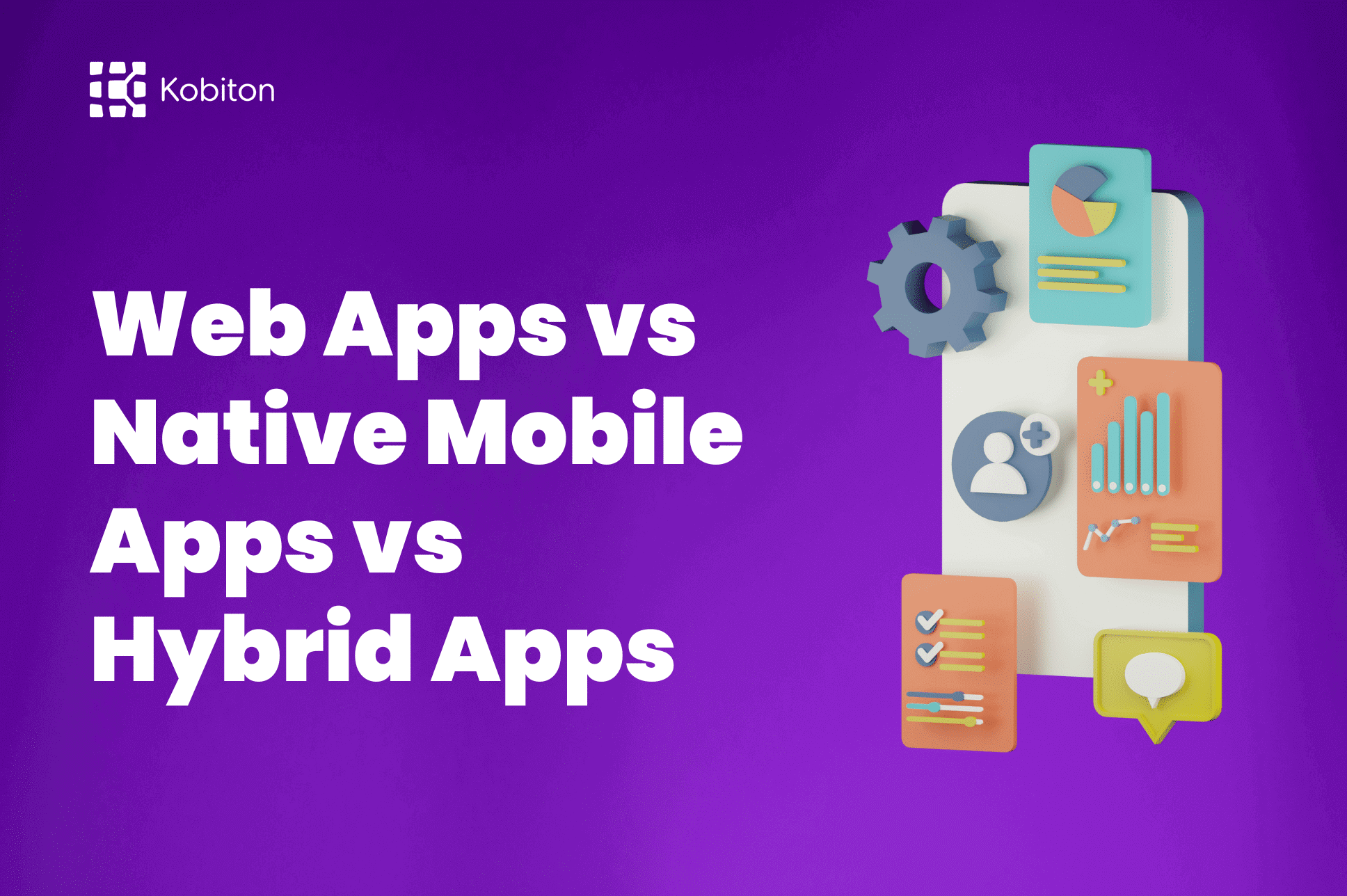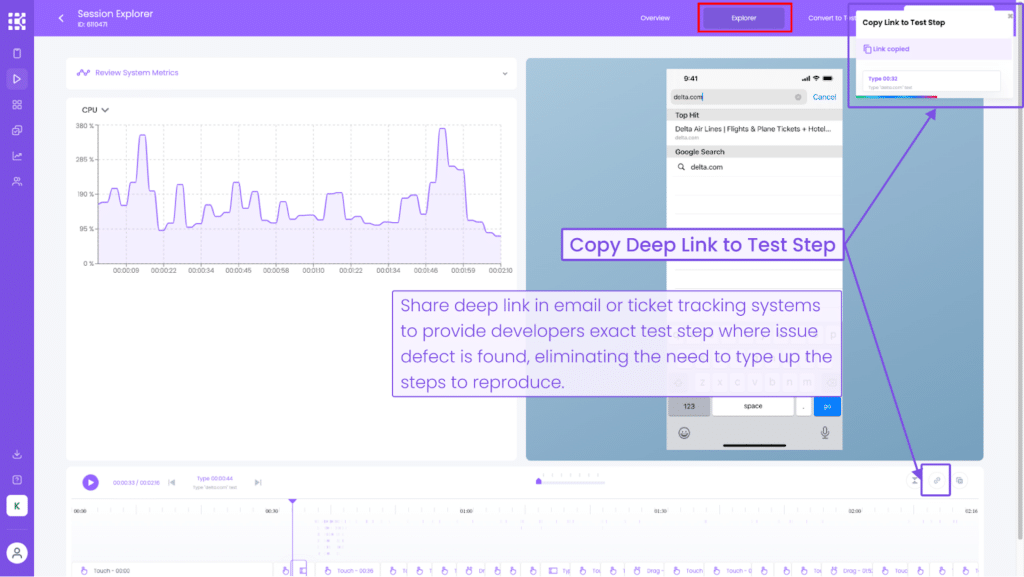
Web Apps vs Native Mobile Apps vs Hybrid Apps

Cara Suarez
When testing mobile apps, it is important to test as many devices as possible efficiently. Did you know that it takes only 10 devices to achieve 50% market coverage — but it takes 159 devices for 90% market coverage? The mobile ecosystem is complex and testing on just a few devices can leave your app vulnerable to performance, usability, and accessibility issues on less common models. Real device cloud testing allows you to access those mobile operating systems and devices.
Furthermore, real device clouds are scalable. Use what you need, and rest assured that – when you’re ready to grow – your real device cloud will be ready.
Pipeline complexity, OS updates, sourcing and maintaining physical devices, and delays related to locked or crashed devices are common when using on-prem devices. Using real devices in the cloud, on the other hand, can supercharge the development and app testing cycles.
A real device cloud is a cloud-based platform that provides remote access to a wide array of physical mobile devices for testing purposes. Unlike emulators or simulators, which mimic the behavior of mobile devices, a real device cloud enables developers and testers to interact with actual smartphones, tablets, and other devices. This setup ensures that applications are tested under real-world conditions, including varying hardware, operating systems, screen sizes, and network configurations. With a real device cloud, teams can remotely perform manual or automated tests on devices they do not physically possess, saving the time and costs associated with purchasing and maintaining large device inventories.
When exploring the benefits of using a real device cloud testing platform for mobile app testing, it’s important to understand the difference between real device cloud testing and physical device testing.
Physical or on-premises testing environments leverages physical, devices — like iPhones, Android tablets, and other mobile devices that are readily available to consumers. In pursuit of full market coverage – it’s a lot to collectively manage.
Cloud-based device testing offers immediate virtual access to thousands of devices and screens, enabling seamless and in-depth parallel testing across multiple environments. For example Kobiton’s platform also offers global unified access, allowing testing professionals to submit test scripts via the web. Detailed logs are generated, providing test results in notes, screenshots, and even video files for comprehensive analysis.
| Feature | Real Device Cloud | Physical/On-Prem Device Testing |
|---|---|---|
| Easily Scalable | Yes | No |
| Virtual Device Access | Yes | No |
| Cost Effective | Yes | Varies |
| Parallel Testing | Yes | Yes |
| Unified Access | Yes | No |
| BYO-Security | No | Yes |
| Detailed Logs | Yes | Yes |
At Kobiton, our Mobile Device Cloud is intended to simplify real device testing. The Kobiton Mobile Device Cloud allows you to achieve precise market representation, achieve greater team collaboration, consider the importance of natural user gestures, and oversee smooth script migrations.
The benefits of conducting mobile app testing strategies via real device cloud testing are numerous.
Here are some of the key benefits of Kobiton’s Real Device Cloud:

Real device cloud testing offers significant advantages to industries with specific compliance, security, and performance needs. In sectors such as retail, hospitality, entertainment, and media real device clouds ensure easy access to many devices for mobile app testing.
Each of these industries benefit from Kobiton’s real device cloud testing in the following ways:
While the real device cloud is very beneficial there are some cases where Kobiton On-prem and Hybrid deployments can be a practical solution for organizations. Usually, these organizations have specific security, compliance, or infrastructure needs. For industries like banking, government, or healthcare—where stringent security measures are required—air-gapped deployments can ensure sensitive data never leaves the organization’s internal network.
These labs allow companies to maintain full control over testing environments while still benefiting from automation and scalability. Additionally, organizations already invested in physical mobile device hardware can leverage those assets by integrating them into a hybrid model, combining the flexibility of cloud-based testing with their existing infrastructure. To explore how Kobiton’s real device cloud can transform your mobile testing strategy while meeting your unique security and infrastructure needs, download our comprehensive factsheet today and see how you can seamlessly integrate on-prem, hybrid, and cloud testing for maximum flexibility and performance.